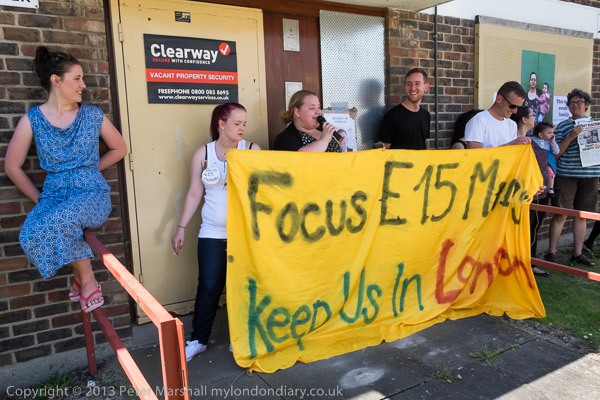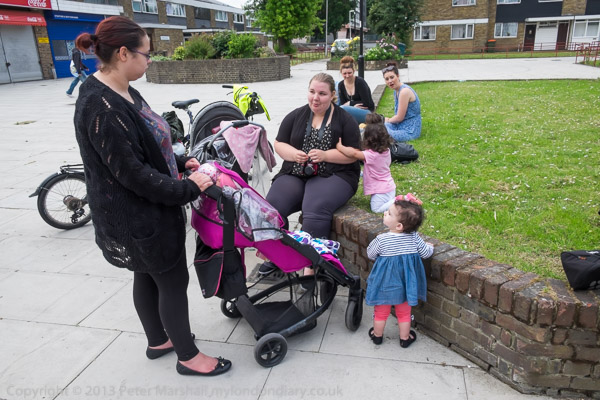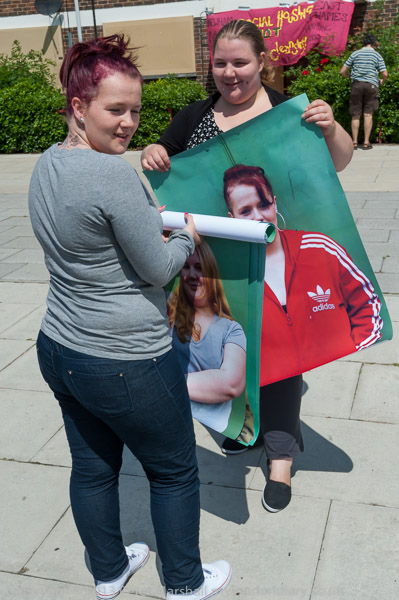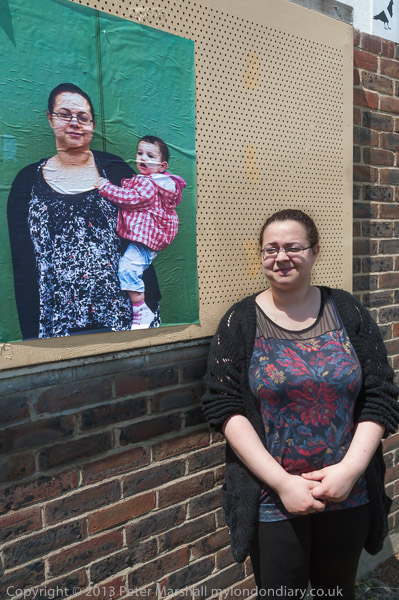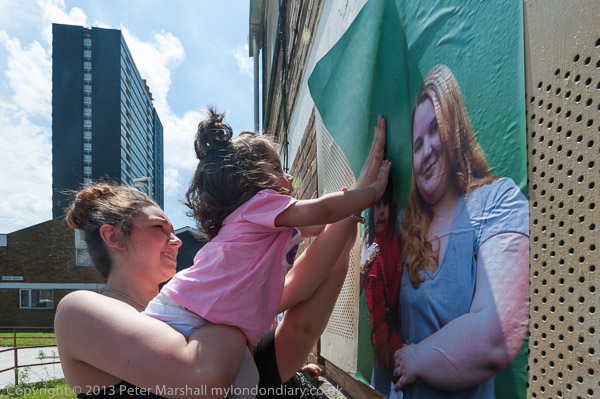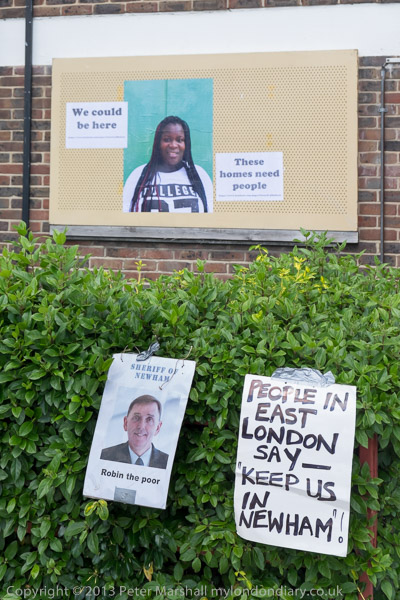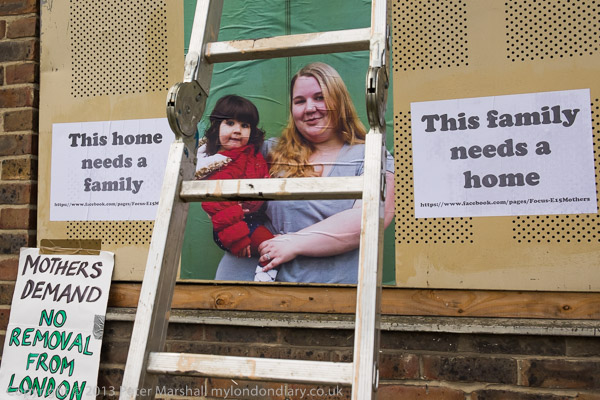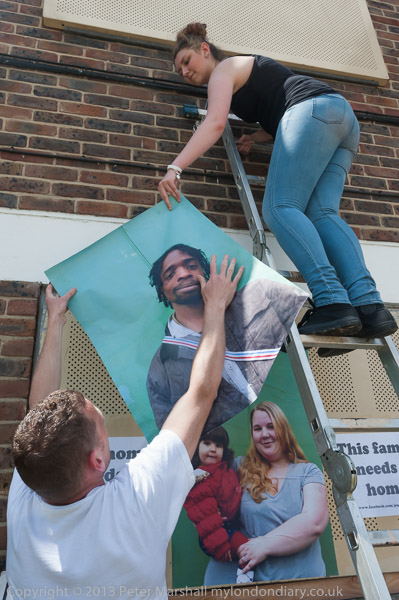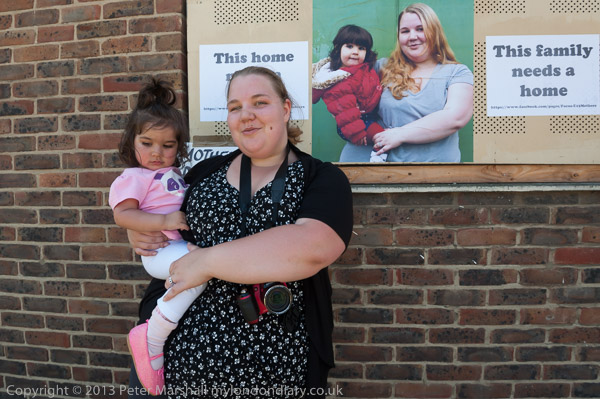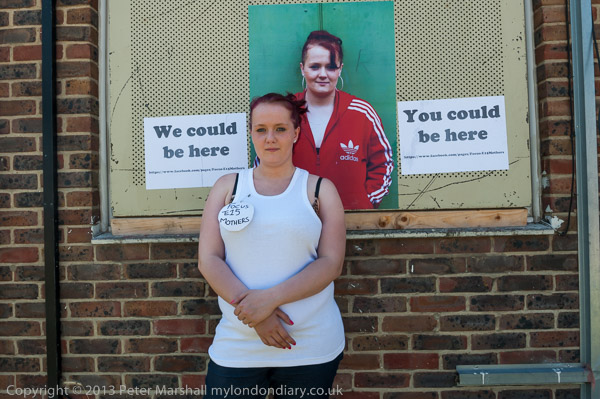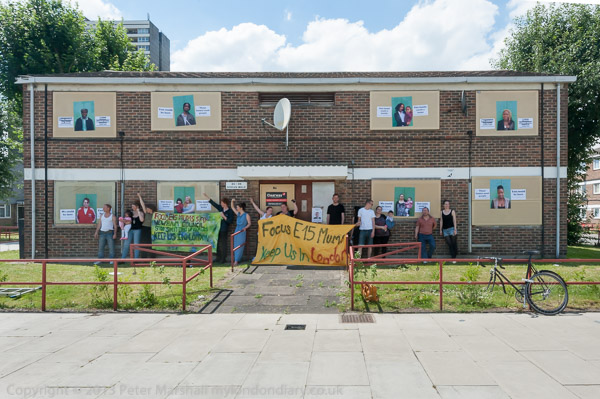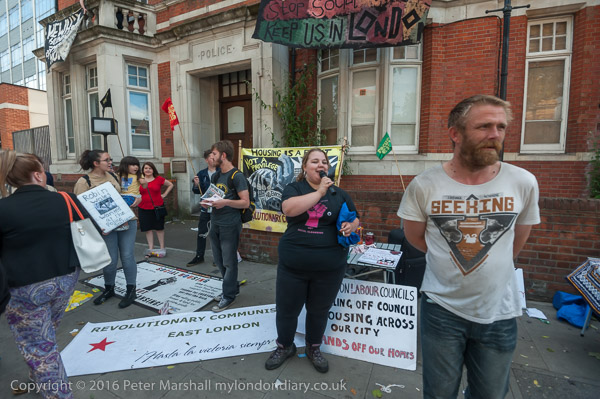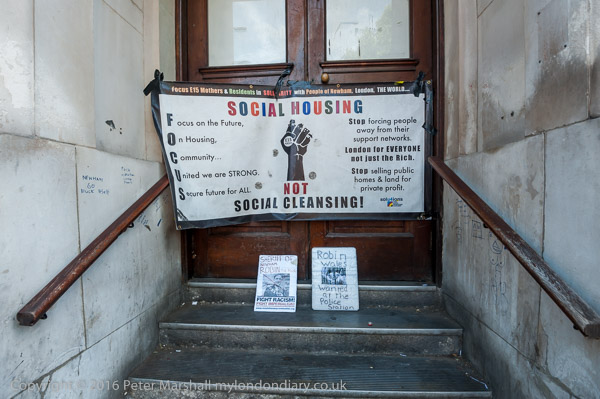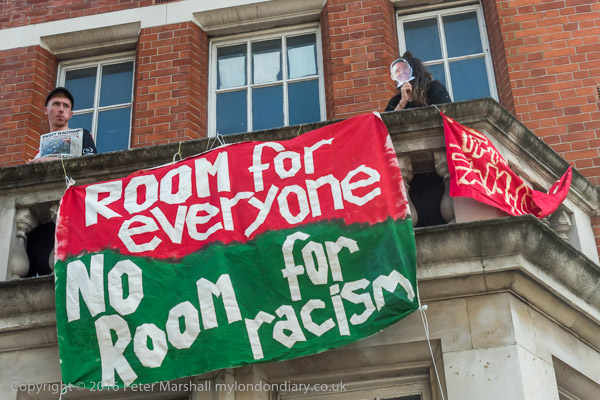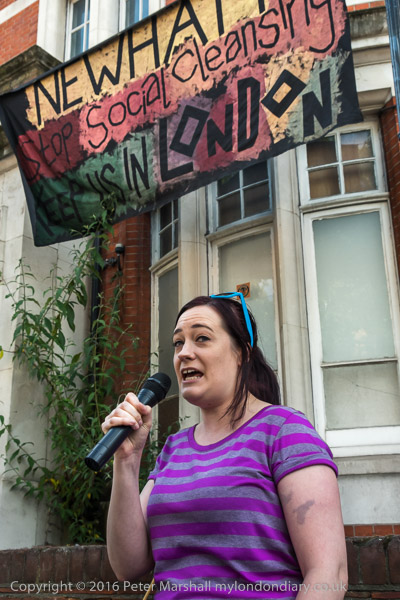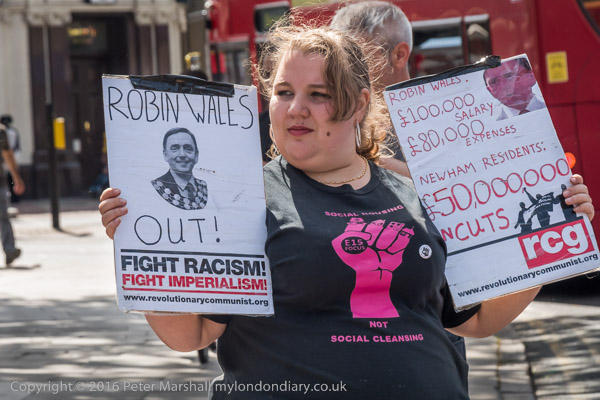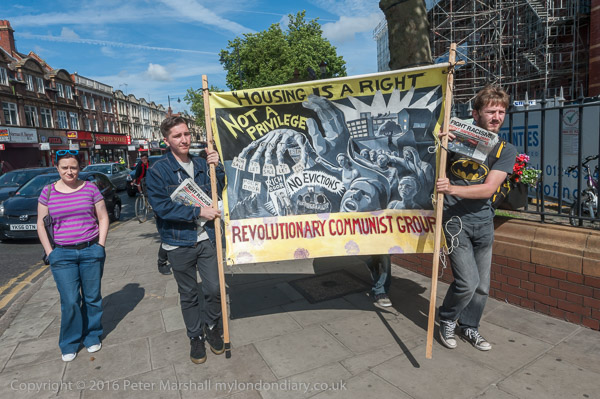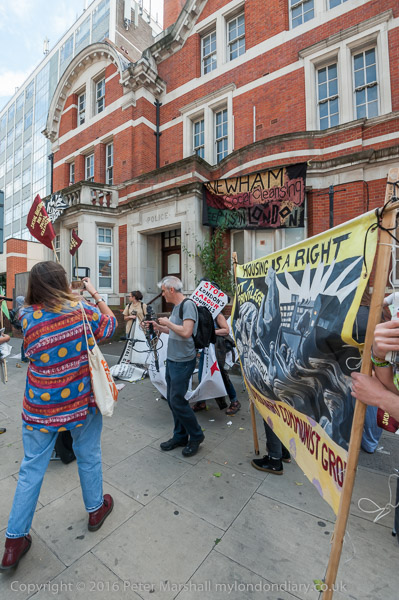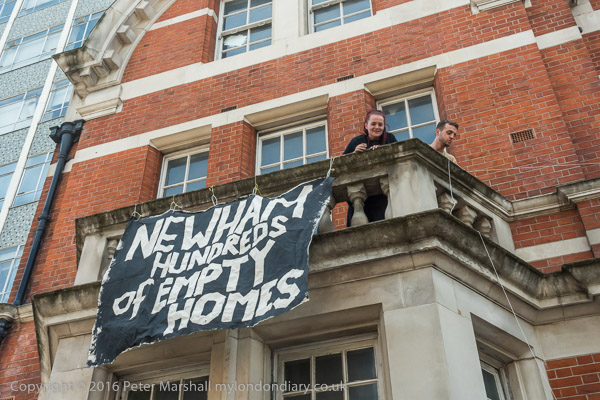
Tories Out March – 1st July 2017: Five years ago, shortly after the Labour right working inside the party had managed to prevent a Corbyn victory by sabotaging the campaign for the 2017 General Election, the People’s Assembly Against Austerity organised a march through London calling for Theresa May and the Conservatives to go.
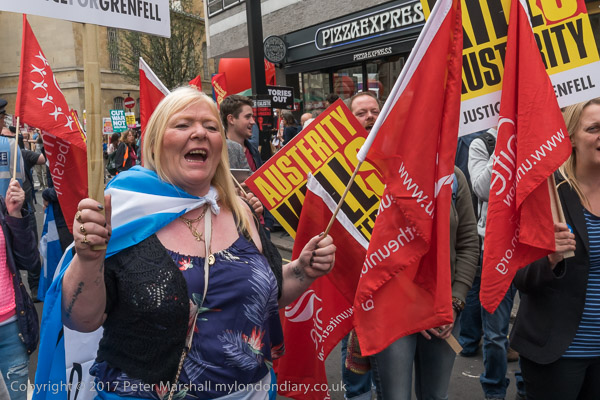
Of course they didn’t go, and later when Boris Johnson called an election over Brexit, he gained a landslide victory, rather than the close call in 2017 which left Theresa May having to bribe the Northern Irish DUP, a deeply bigoted party with links to Loyalist terrorists to support her.
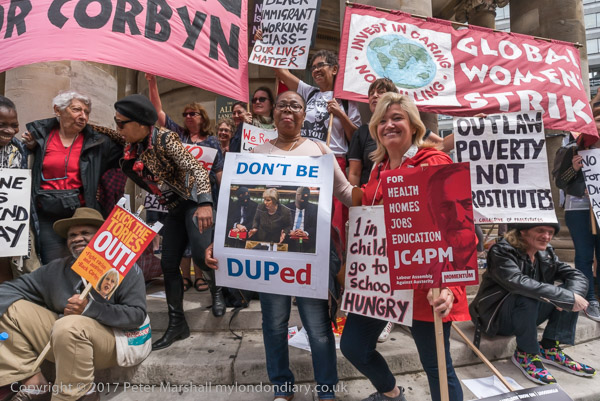
This reliance on the DUP has eventually led to the current problem over the Irish Sea border arrangements which Boris Johnson persuaded the EU to adopt as a vital part of his Brexit deal, and which the government is now pushing through a bill to enable us to renege on.
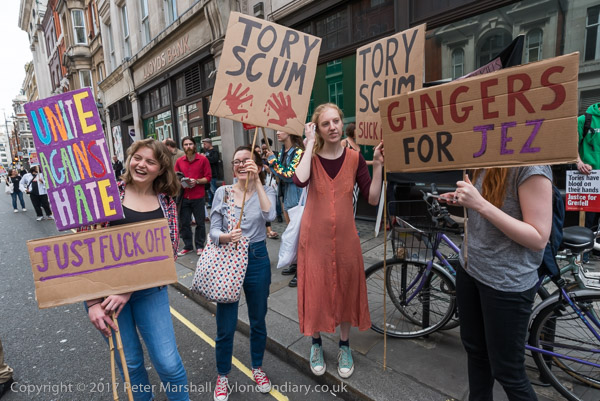
And the Johnson administration has continued and worsened the Tory policies which in 2017 should have resulted in a Labour victory. In my account of the protest march 5 years ago today I wrote
“The election showed a rejection of … austerity policies and the Grenfell Tower disaster underlined the toxic effects of Tory failure and privatisation of building regulations and inspection and a total lack of concern for the lives of ordinary people. The protesters, many of whom chanted their support of Jeremy Corbyn, say the Tories have proved themselves unfit to govern. They demand a decent health service, education system, housing, jobs and living standards for all.”
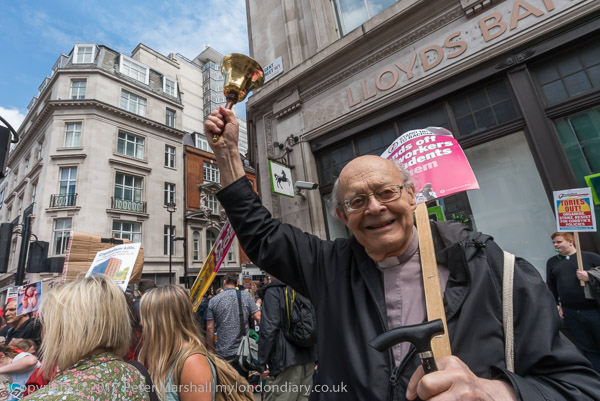
The full facts of the sabotage of the Labour election campaign from inside the party had not then come to light – and we are still waiting for the Forde inquiry into the leaked report which exposed the racism, hyper-factionalism and electoral sabotage by party officials as well as the misguided attempts of the Corbyn leadership such as the expulsion of Jackie Walker and the resignations of Chris Williamson and Ken Livingstone.
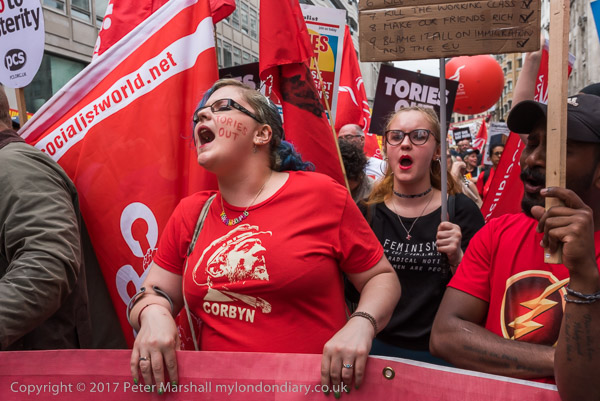
But although this was largely a march of Labour supporters there were still a number of groups on the march who were critical of Labour’s policies and the practices of London Labour councils, particularly on housing, where councils are “demolishing council estates and colluding with huge property developers to replace them with expensive and largely private housing. It is a massive land grab, giving away public land often at far below market value and pricing the former residents out of London in what they call ‘regeneration’ but is quite clearly a process of social and ethnic cleansing.”
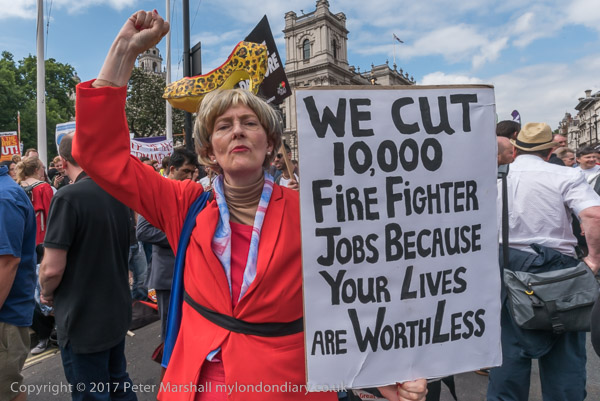
It is also a process that has resulted in considerable personal financial advantage for some of those who have led it, with councillors and officers either leaving to work for the developers or in organisations set up by councils to manage their estates. Setting up organisations such as the TMO responsible for the unsafe condition of Grenfell Tower has enabled these bodies to hide information about such activites as using consultants to advise them on circumventing adequate fire inspections outside of the purview of Freedom of Information requests.
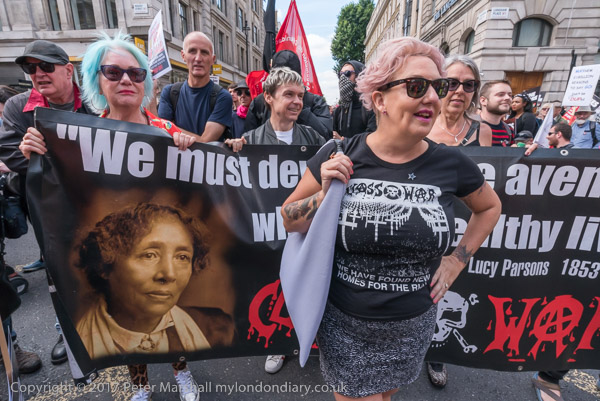
Most obvious among these groups was Class War, alway ready to make their views known and to challenge authority. At the start of the march close to the BBC they had a little run-in with the march stewards, which resulted in them briefly wrapping their banner around one of him – though of course they soon released him. Later at the rally in Parliament Square I unfortunately missed a confrontation in which Lisa McKenzie stood in front of both Len McCluskey, General Secretary of Unite the Union and Labour Leader Jeremy Corbyn and loudly asked them the simple question ‘When are you going to stop Labour councils socially cleansing people out of London?’. Both men simply ignored her and walked away.
Much more about the event and many more pictures at Tories Out March.
